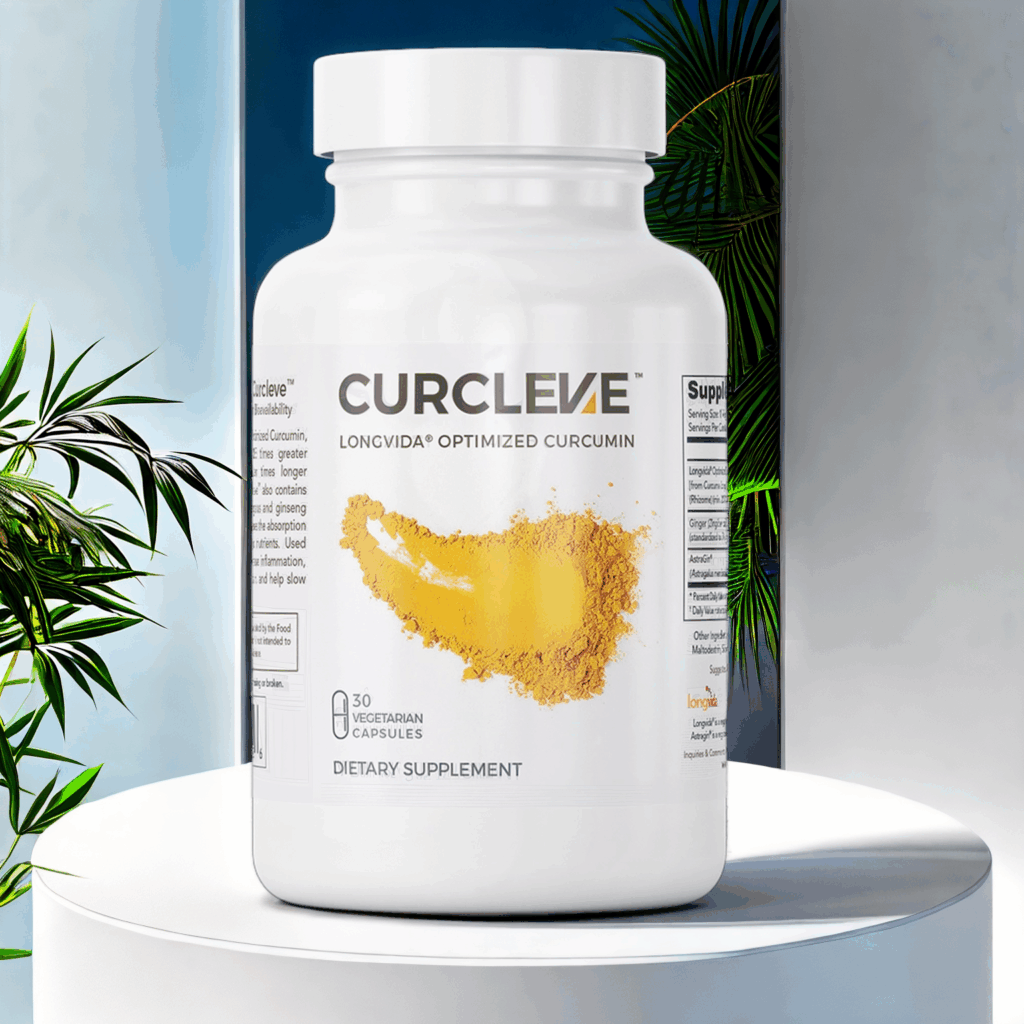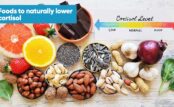Inflammation and immunity are two of your body’s most critical defense mechanisms, working in tandem to protect you from harm and maintain optimal health. While these processes are essential for survival, understanding how they function—and when they go awry—can be the key to better health outcomes and improved quality of life.
What Is Inflammation and Why Does It Matter?
Inflammation is your body’s natural response to injury, infection, or irritation. When your immune system detects a threat, it triggers an inflammatory response designed to eliminate harmful stimuli and begin the healing process. This acute inflammatory response is characterized by five classic signs: redness, heat, swelling, pain, and loss of function.
However, not all inflammation is beneficial. While acute inflammation serves a protective purpose, chronic inflammation can become problematic. Research published in Nature Reviews Immunology indicates that chronic low-grade inflammation is linked to numerous health conditions, including cardiovascular disease, diabetes, arthritis, and neurodegenerative disorders (Furman et al., 2019).
The Immune System: Your Body’s Defense Network
Your immune system is a complex network of cells, tissues, and organs that work together to defend against harmful pathogens. It consists of two main components:
Innate Immunity: This is your first line of defense, providing immediate but non-specific protection against pathogens. It includes physical barriers like skin, as well as immune cells such as neutrophils and macrophages.
Adaptive Immunity: This system provides targeted, long-lasting protection through specialized cells like T-cells and B-cells. It’s responsible for immunological memory, which helps your body respond more effectively to previously encountered threats.
The Inflammation-Immunity Connection
The relationship between inflammation and immunity is intricate and bidirectional. Inflammatory responses are initiated by immune cells detecting potential threats through pattern recognition receptors (PRRs). These receptors identify pathogen-associated molecular patterns (PAMPs) and damage-associated molecular patterns (DAMPs), triggering the release of inflammatory mediators.
A study in Cell journal demonstrated that chronic inflammation can actually suppress immune function, creating a state called “immunosenescence” (Franceschi et al., 2018). This explains why individuals with chronic inflammatory conditions often experience increased susceptibility to infections and slower wound healing.
Factors That Influence Inflammation and Immunity
Several lifestyle and environmental factors significantly impact your inflammatory status and immune function:
Diet: The foods you consume can either promote or reduce inflammation. The Mediterranean diet, rich in omega-3 fatty acids, antioxidants, and polyphenols, has been shown to reduce inflammatory markers. Research in the Journal of the American College of Cardiology found that adherence to anti-inflammatory diets was associated with reduced cardiovascular risk (Ruiz-Canela et al., 2014).
Exercise: Regular moderate exercise has anti-inflammatory effects and strengthens immune function. However, excessive high-intensity exercise can temporarily suppress immunity and increase inflammatory markers.
Sleep: Poor sleep quality and insufficient sleep duration are associated with increased inflammatory cytokines and weakened immune responses. A study in Sleep Medicine Reviews highlighted the critical role of sleep in immune system regulation (Besedovsky et al., 2019).
Stress: Chronic psychological stress elevates cortisol levels, which can suppress immune function and promote chronic inflammation. The field of psychoneuroimmunology has extensively documented these stress-immune connections.
Natural Approaches to Supporting Healthy Inflammation and Immunity
Several natural compounds have been scientifically validated for their anti-inflammatory and immune-supporting properties:
Curcumin: The active compound in turmeric has potent anti-inflammatory effects. Multiple studies have demonstrated curcumin’s ability to modulate inflammatory pathways, including the NF-κB pathway, which regulates inflammatory gene expression. However, standard curcumin has poor bioavailability, limiting its therapeutic potential.
Ginger: Research published in the International Journal of Preventive Medicine showed that ginger supplementation significantly reduced inflammatory markers in individuals with inflammatory conditions (Zaccara et al., 2016).
Astragalus and Ginseng: These traditional herbs have been used for centuries to support immune function. Modern research confirms their immunomodulatory properties, with studies showing enhanced T-cell function and improved resistance to infections.
The Gut-Immune-Inflammation Triangle
Emerging research highlights the crucial role of gut health in regulating both immune function and inflammatory responses. The gut microbiome contains trillions of microorganisms that influence immune development and inflammatory balance. Dysbiosis (imbalanced gut bacteria) is associated with increased intestinal permeability, systemic inflammation, and compromised immune function.
Maintaining a healthy gut microbiome through proper nutrition, probiotics, and avoiding unnecessary antibiotics is essential for optimal immune function and inflammatory balance.
When Professional Help Is Needed
While natural approaches can be beneficial, it’s important to recognize when professional medical intervention is necessary. Persistent symptoms such as chronic joint pain, frequent infections, prolonged fatigue, or digestive issues warrant evaluation by a healthcare provider. These could indicate underlying inflammatory or immune system disorders requiring specific treatment.
The Promise of Advanced Formulations
Traditional approaches to supporting inflammation and immunity often face limitations due to poor absorption and bioavailability of key nutrients. This has led to the development of advanced formulations designed to overcome these challenges and provide more effective therapeutic outcomes.

CurcLeve™: A Breakthrough in Inflammation and Immune Support
CurcLeve™ represents a significant advancement in natural inflammation and immune support. This pharmaceutical-grade formula combines the most researched anti-inflammatory and immune-supporting ingredients with cutting-edge absorption technology.
The cornerstone of CurcLeve™ is Longvida® Optimized Curcumin®, which absorbs 285 times better than standard curcumin and remains active in the system 7 times longer. This enhanced bioavailability ensures that you receive the full therapeutic benefits of curcumin’s powerful anti-inflammatory properties.
The formula also includes AstraGin®, a patented blend of Panax ginseng and astragalus that not only provides immune support but also enhances the absorption of other nutrients. Combined with ginger root extract, CurcLeve™ offers comprehensive support for immune function, healthy inflammatory response, gut health, and overall wellbeing. With just one daily dose, CurcLeve™ provides 24-hour circulation of these powerful compounds, making it an ideal choice for those seeking natural, effective support for their immune system and inflammatory balance.
References
Besedovsky, L., Lange, T., & Haack, M. (2019). The sleep-immune crosstalk in health and disease. Sleep Medicine Reviews, 44, 1-14.
Franceschi, C., Garagnani, P., Parini, P., Giuliani, C., & Santoro, A. (2018). Inflammaging: a new immune-metabolic viewpoint for age-related diseases. Nature Reviews Endocrinology, 14(10), 576-590.
Furman, D., Campisi, J., Verdin, E., Carrera-Bastos, P., Targ, S., Franceschi, C., … & Slavich, G. M. (2019). Chronic inflammation in the etiology of disease across the lifespan. Nature Medicine, 25(12), 1822-1832.
Ruiz-Canela, M., Zazpe, I., Shivappa, N., Hébert, J. R., Sánchez-Tainta, A., Corella, D., … & Martínez-González, M. Á. (2015). Dietary inflammatory index and anthropometric measures of obesity in a population sample at high cardiovascular risk from the PREDIMED trial. British Journal of Nutrition, 113(6), 984-995.
Zaccara, S., Panfili, G., & Benvenuto, M. (2016). Clinical efficacy of ginger (Zingiber officinale) in patients with osteoarthritis of the knee. International Journal of Preventive Medicine, 7, 112.





